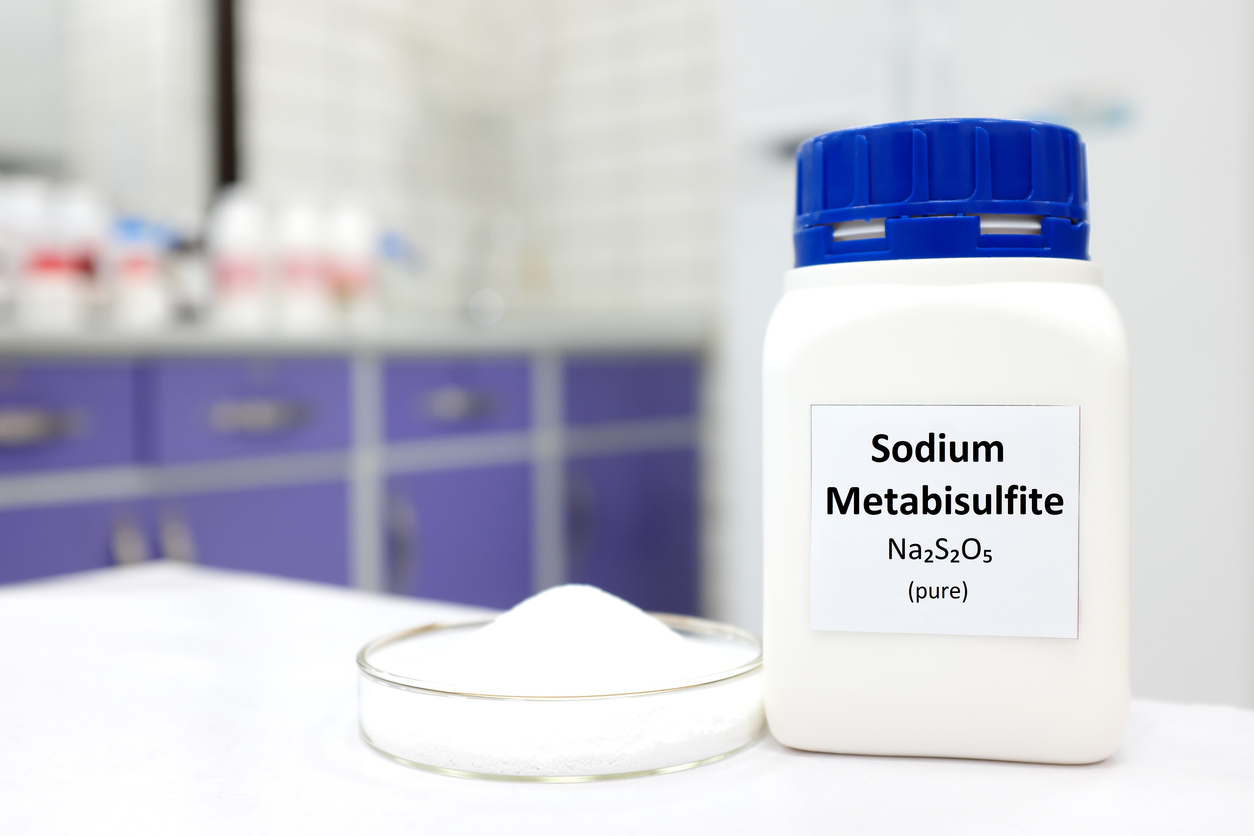Step-by-Step Licensing for Foreign Pharmaceutical Companies in Nigeria
Entering the Nigerian market offers huge potential for foreign pharmaceutical companies, thanks to the country’s growing population, increasing healthcare awareness, and rising demand for quality medicines. However, before operating or distributing products in Nigeria, pharmaceutical firms must comply with licensing and regulatory requirements set by the National Agency for Food and Drug Administration and Control (NAFDAC).
Understanding the licensing process is vital for ensuring compliance and building long-term business success in one of Africa’s most promising healthcare markets.
Understanding the Regulatory Framework in Nigeria
The Nigerian pharmaceutical sector is regulated by several bodies, but NAFDAC plays the central role in ensuring the safety, quality, and efficacy of drugs imported, manufactured, or distributed in the country. Foreign pharmaceutical companies must obtain NAFDAC approval before introducing their products to the market.
Other key regulatory bodies include:
-
Pharmacists Council of Nigeria (PCN) – Oversees professional practice, retail, and distribution.
-
Federal Ministry of Health (FMOH) – Develops policies and supports regulatory enforcement.
-
Standards Organisation of Nigeria (SON) – Sets and enforces product standards for imports.
Each of these agencies contributes to ensuring that only high-quality pharmaceuticals reach Nigerian consumers.
Key Licensing Requirements for Foreign Pharmaceutical Companies
Foreign firms seeking to operate or distribute in Nigeria must comply with the following core requirements:
-
Product Registration with NAFDAC
Every imported or locally manufactured drug must be registered with NAFDAC. The registration involves submitting samples for testing, providing documentation on the product’s composition, and demonstrating compliance with international standards. -
Local Representation
NAFDAC requires foreign pharmaceutical companies to appoint a local representative or agent who is registered in Nigeria. This representative is responsible for handling documentation, product importation, and communication with regulatory bodies. -
Good Manufacturing Practice (GMP) Certification
Manufacturers must provide evidence of GMP compliance issued by a recognized authority. This ensures that the company’s production meets international quality and safety standards. -
Import Permits
Once products are registered, an import permit must be obtained for each consignment. The process involves documentation verification, payment of import duties, and quality checks upon arrival. -
Labeling and Packaging Compliance
All pharmaceutical products must be labeled according to NAFDAC requirements. Information such as batch number, expiry date, manufacturing date, and dosage must be clearly stated.
Challenges Faced by Foreign Pharmaceutical Companies
While the Nigerian market offers major opportunities, foreign firms often encounter regulatory hurdles such as:
-
Complex documentation and approval delays
-
Limited understanding of local compliance standards
-
Customs and logistics challenges
-
Counterfeit drug risks within the supply chain
These challenges can delay market entry and affect profitability if not managed effectively.
How Wigmore Trading Can Help
Wigmore Trading provides reliable import, distribution, and logistics support for foreign pharmaceutical companies entering the Nigerian market. With deep experience in regulatory compliance, customs clearance, and product sourcing, Wigmore helps international firms navigate Nigeria’s complex pharmaceutical landscape.
Our services include:
-
Assistance with NAFDAC and SON documentation
-
Product importation and warehousing
-
Nationwide distribution and logistics
-
Guidance on packaging and labeling compliance
By partnering with Wigmore Trading, foreign pharmaceutical companies can reduce delays, maintain full compliance, and focus on growing their market presence in Nigeria.
Tips for Successful Market Entry for Foreign Pharmaceutical Companies
To ensure a smooth entry into the Nigerian pharmaceutical sector, foreign companies should:
-
Conduct market research to identify demand trends and competition.
-
Engage a local regulatory consultant for accurate documentation and faster approvals.
-
Work with experienced distributors like Wigmore Trading for efficient logistics and distribution.
-
Maintain product quality through transparent supply chains and certified storage conditions.
By combining regulatory compliance with effective local partnerships, foreign pharmaceutical companies can thrive in Nigeria’s fast-evolving healthcare industry.
Conclusion
Licensing is a critical step for foreign pharmaceutical companies looking to operate legally in Nigeria. While the process can be detailed and time-consuming, working with trusted local partners like Wigmore Trading ensures smooth regulatory navigation and timely market entry.
With Nigeria’s expanding healthcare sector, compliant and well-prepared pharmaceutical companies stand to gain significantly from early market participation.








Comments are closed.